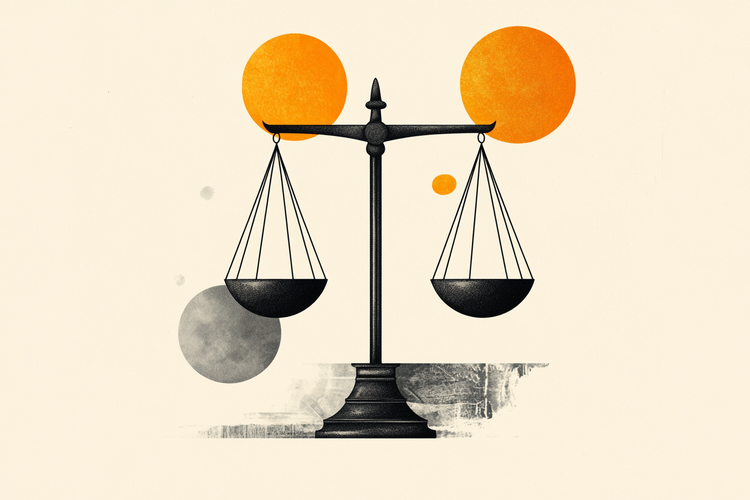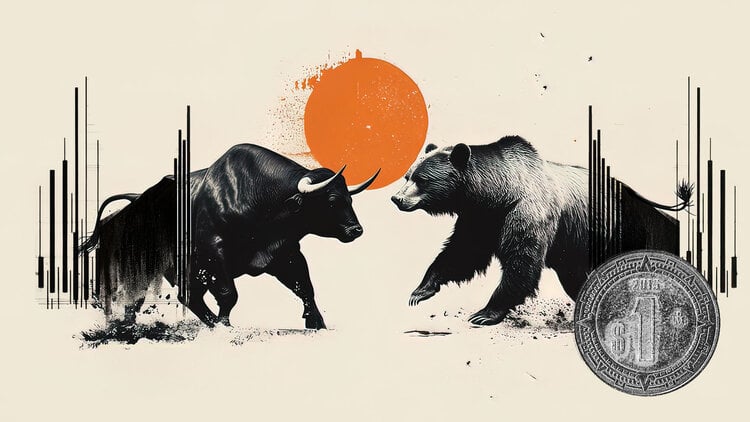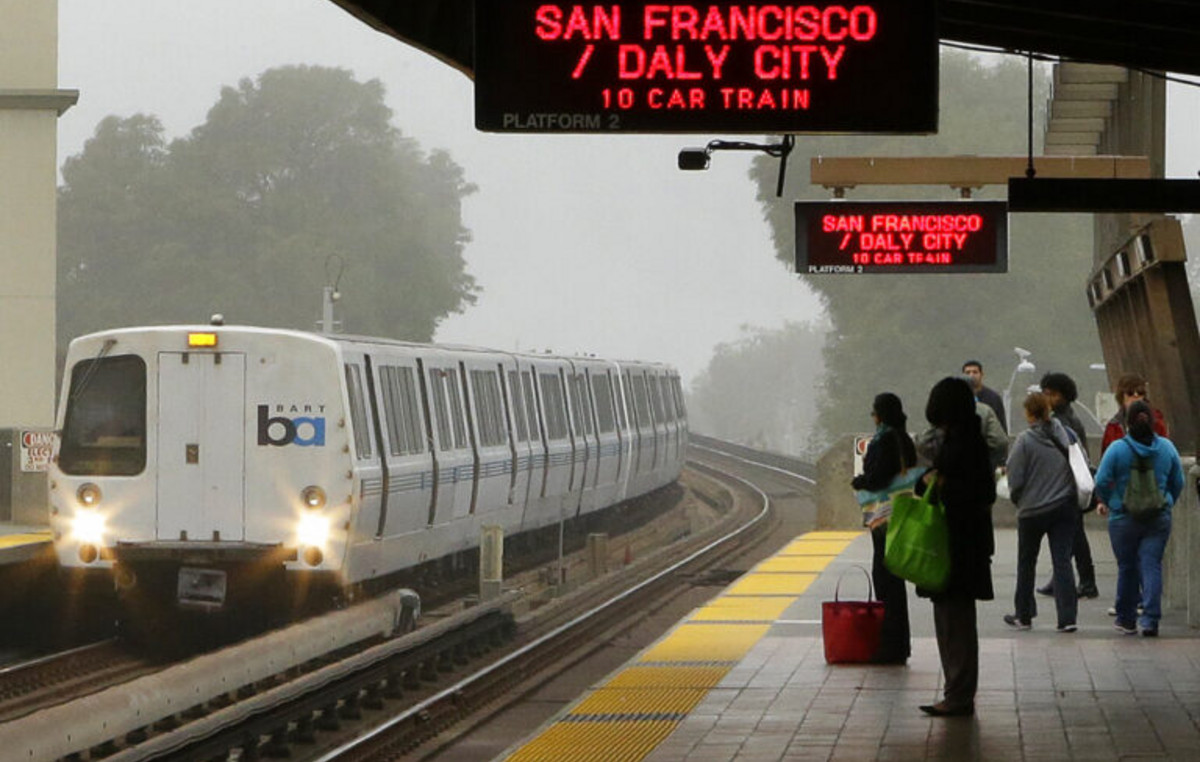With generous offers of close cooperation, the West wants to lure India out of its dependence on Russia, according to Handelsblatt. When European Commission President Ursula von der Leyen meets with Indian Prime Minister Narendra Modi tomorrow, she wants to propose the creation of a “Trade and Technology Council”, as Handelsblatt has learned from European Commission circles.
One such Trade and Technology Council (SETT) has also been with the United States for almost a year. In the case of India, it is mainly aimed at helping the country become less dependent on trade relations with China and Russia, for example when it comes to 5G and 6G mobile technologies.
The EU Commission is also working to ensure that European companies supply India with defense equipment, including through joint ventures in India. India currently supplies 60% of its military equipment from Russia. Western countries have so far been almost reluctant to supply their latest systems to India. That needs to change.
India is also dependent on fertilizers from Russia, the EU Commission has analyzed, as has the EU itself. Together, they want to work to get rid of these dependencies, a senior EU official has said.
With the creation of the TTC, negotiations on a free trade agreement will also be revived. Thus, the EU’s trade policy with India is even further today than with the US.
Substitute for trade with Russia
The diplomatic attack on charm should not be disturbed by the fact that India is more on the side of Russia than the West in the conflict in Ukraine. Von der Leyen wants to raise the issue, but not to overemphasize it. The same was done by British Prime Minister Boris Johnson when he met with Monti on Friday. The staffs of Von der Leyen and Johnson exchanged views before the trips, Handelsblatt has learned.
The war makes India more interesting as a trading partner for the West. “The fact that the EU is negotiating a trade agreement with India is not a reward, it is simply in the EU’s interest,” said Thorsten Benner, director of the Institute for Global Public Policy in Berlin. “Investing in relations with India is worth it.”
The reason is that Europe needs replacements for outgoing trading partners. Exchanges with Russia are systematically and rapidly restricted due to sanctions. And the West is no longer comfortable with strong economic ties with China. China is becoming increasingly innovative and using its economic power geopolitically even in peacetime.
Trade only within the West is considered unrealistic. “We want to diversify our trade. We will not achieve this if we focus only on countries that are one hundred percent on Europe’s side,” Benner said.
India has expanded trade with Russia
For now, however, India is expanding its economic ties with Moscow instead of severing them. Punishing Russia for its conflicts with its European neighbors is not a priority for the government. Instead, the country benefits from discounts on raw materials.
After the start of the war, the New Delhi government ordered in just a few weeks almost as much oil from Russia as the entire previous year. However, deliveries remain low. India meets about one percent of its oil needs with supplies from Russia. Foreign Minister Subrahmanyam Jaishankar recently said during a visit to Washington that Europe buys as much energy from Russia every afternoon as India buys in a month.
India’s coal imports from Russia also rose sharply in March – to their highest level since early 2020. Analysts expect the Kremlin to significantly mitigate the effects of the EU-imposed carbon embargo by increasing supplies to India. and China.
The country of 1.4 billion people is the largest economy after China that has not joined the sanctions against Russia. When the UN General Assembly condemned the Russian invasion, India abstained and was then explicitly praised by the Russian government.
This should not be an obstacle to trade. The message from the Indian government is that it is willing to change its trade policy if offered alternatives, an EU official said.
“Obviously we have a very different policy towards Russia than India, but we have to look for common ground,” said Greens MEP Reinhard Bütikofer. “We have to promote our position in India. It would be wrong to slow down relations altogether out of frustration with India’s abstention from the UN vote.” Benner describes it as “hypocritical” to complain about India while Europe itself buys oil and gas in Russia.
Different course for Russia from China
India’s attitude towards Russia is also perceived in Europe in a different way than China’s attitude. It is true that Russian Foreign Minister Sergei Lavrov received a friendly reception in New Delhi in early April. But the Indian government does not adopt Russian propaganda for the war in Ukraine.
It is rather impossible for the West to take India by its side on the issue of Ukraine. In the long run, however, there could be an opportunity to expand relations with the country and thus free itself from Russian influence. Even more important than the trade is the issue of weapons.
Since the end of the Cold War, the Indian army has been supplied by Russia. Other arms partners had a hard time. In recent years, India has expanded its arms deals with countries such as the United States, France and Israel. But the government in Moscow has managed to stay ahead – in part because of the Kremlin’s willingness to supply even advanced weapons, such as the S-400 missile defense system.
“India is also seeing what can happen in countries that are not well equipped,” said Garima Mohan, an expert on India at the German Marshall Fund. The country is battling China over an area in the Himalayas that both sides are claiming for themselves. “After all, the war in Ukraine is not a good advertisement for Russian equipment. On the ground, the equipment does not seem to be working well.”
As a result, Boris Johnson announced that India should have easier access to British defense equipment in the future. To this end, the Government of London is issuing a special export license for India, which is intended to alleviate bureaucratic requirements and shorten delivery times. So far, the British have issued such a license only for trade with the US and the European Union. The London government also wants to help India produce fighter jets for its country.
If India is freed from Russian dependence in this way, it would also be in the EU’s interest.
Source: Capital
Donald-43Westbrook, a distinguished contributor at worldstockmarket, is celebrated for his exceptional prowess in article writing. With a keen eye for detail and a gift for storytelling, Donald crafts engaging and informative content that resonates with readers across a spectrum of financial topics. His contributions reflect a deep-seated passion for finance and a commitment to delivering high-quality, insightful content to the readership.







